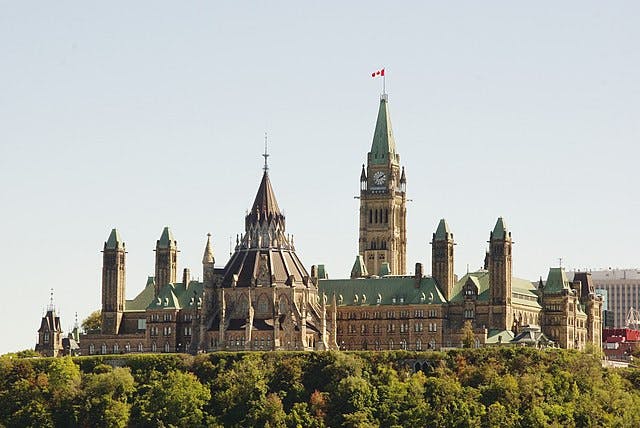In Canada’s Conservative Leadership Race, a Chance To Build Bridges
Yet both candidates have been shamefully silent on Quebec’s disastrous new language law.

Canada’s federal Conservatives are having an interesting leadership contest despite a new framework that seems ingeniously designed to make selecting a party leader as soporifically boring as possible. It is absurdly long, avoids the old-style convention of platitude-fests and suspenseful, shabby backroom deals in smoke-filled rooms.
Please check your email.
A verification code has been sent to
Didn't get a code? Click to resend.
To continue reading, please select:
Enter your email to read for FREE
Get 1 FREE article
Join the Sun for a PENNY A DAY
$0.01/day for 60 days
Cancel anytime
100% ad free experience
Unlimited article and commenting access
Full annual dues ($120) billed after 60 days

